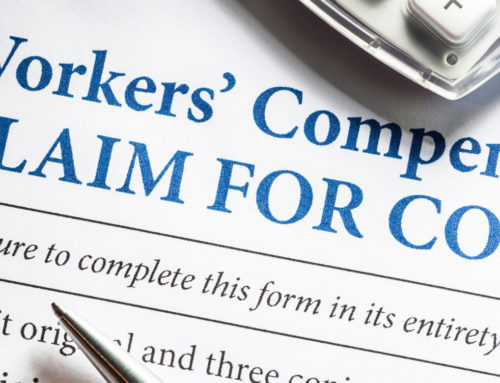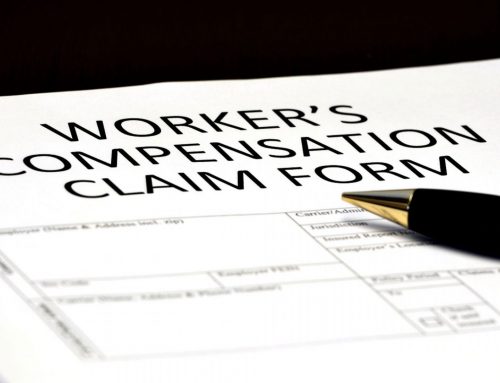What is Workers’ Compensation?
Every state has different workers’ compensation laws. In Minnesota, work comp laws state that an employer must carry worker compensation insurance in order to compensate employees who have become ill or injured on the job.
What Type of Benefits Are Included in Workers’ Compensation?
The main benefits under workers compensation laws include medical expenses, lost wages, vocational rehabilitation, and death benefits.
Who Is Eligible for Workers’ Compensation?
Any employee of the company (not contractor) is eligible for workers’ compensation. You will need to prove that you have sustained personal injury/illness, that you have sustained this injury “arising out of the employment,” and that you have sustained this injury “in the course of the employment.”
What are the main complications involved in Workers’ Compensation claims?
Unfortunately, workers’ compensation claims are not as straight forward as they should be. It can be hard to prove certain injuries occurred as a direct result of your employment and most workers’ compensation insurance companies will do everything in their power to prevent you from getting the proper compensation.
Many people who are deserving of workers compensation will be denied simply because of the confusing paperwork and legal terms involved, while others might find that their workers’ compensation benefits are suddenly cut off. Another common complication is that you are not being paid in full for some of your out of pocket medical expenses including prescription medication or rehabilitation services. If you are experiencing complications and concerns surrounding your benefits, it is important to contact a Minnesota workers’ compensation lawyer who can help you get the money you deserve.
What Should I Do if Injured on the Job?
If you are injured on the job, make sure you always follow these steps:
- Report your injury to a supervisor
- Fill out an injury report claim at work and request a copy
- Seek medical attention and be sure the doctor charts that the accident occurred at work
- Keep records of all your workers’ compensation documents, receipts, etc. Make copies.
- Let your employer know about your progress, your treatment, and your work restrictions.
- Contact a Minnesota workers’ compensation attorney for additional help
What are the Different Wage Loss Benefit Options?
There are four main types of benefit plans under the workers’ compensation laws in Minnesota. They are as follows:
- Temporary Total Disability Benefits (TTD)
- Temporary Partial Disability Benefits (TPD)
- Permanent Total Disability Benefits (PTD)
- Permanent Partial Disability Benefits (PPD)
How Can a Minnesota Work Injury Lawyer Help Me?
Workers’ compensation laws come with a number of problems that can often be overwhelming to deal with, especially when faced with a serious work-related injury. With a Minnesota workers’ comp lawyer on your side, you can take a stand against any unfair treatment by both your employer and the workers’ compensation insurance provider.
If you are having any of the following problems, then a work injury attorney is your best bet:
- Medical treatment and benefits are cut off
- Workers’ comp claim is denied
- Benefits are not paid in full
- Paperwork is too overwhelming to handle
- Employer retaliation or harassment
- Concerns about work restrictions
Call or text the law firm of 612-INJURED at (612) 465-8733 for more information regarding your workers’ compensation rights. We offer free consultations, where we will listen to your story, answer your questions, and develop a plan to ensure you get the compensation you deserve for your injury.













